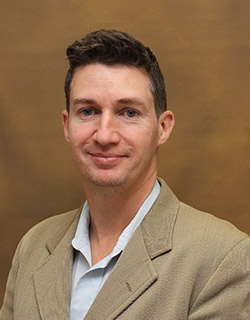Coronavirus Outbreak House Calls: Dr. Theodore Bailey at WMAR
March 17, 2020
*This is a rapidly changing situation. This video was filmed on March 17, 2020. For the most up-to-date information, visit the CDC website at www.cdc.gov*
As the COVID-19 virus is spreading, it’s important to know fact from fiction. To help answer your questions, WMAR-2 News hosted house calls for members of the public to ask healthcare experts about the current COVID-19 situation. Dr. Theodore Bailey, MD, JD, MA, Chief, Division of Infectious Diseases at GBMC addresses the basics for stopping the spread of COVID-19.
What does being “exposed” mean?
Being exposed to COVID-19 means that you have been in close contact with an infected person and may have acquired it yourself. This doesn’t mean that you will definitely get infected, but there is a possibility that you might, and you should self-quarantine.
How can I care for a loved on who has been diagnosed with COVID-19?
Limit close interaction with the infected person as much as possible. Wash your hands regularly – especially after coming in contact with your loved one – and frequently disinfect the areas that he or she touches.
The infected person should wear a mask in order to reduce the amount of droplets being put out in the environment. This isn’t recommended for people trying to prevent getting the infection when they are in low-risk situations.
Does social distancing work?
Social distancing is an effective way to limit the spread of COVID-19. The virus is transmitted through respiratory droplets, which can only travel so far. Staying six feet away from others and remaining at home when possible significantly decreases your likelihood of becoming infected and then infecting others.
Who is at risk for COVID-19?
People 70 years and older are at the highest risk of contracting a serious case of COVID-19. Risk increases proportionately with age and children are at the lowest risk for experiencing severe illness from the virus. This does not mean that they cannot contract COVID-19 or spread the virus to others.
Those with chronic illnesses are also at high-risk for a serious case of COVID-19. Healthcare experts have been able to specifically identify those with chronic heart disease, lung disease, cancer, and diabetes as high-risk; however, more groups may be identified as we get more information about the virus.
According to Dr. Bailey, “No group is at zero risk, and everyone should be concerned.”
*Click here for more information about the coronavirus (COVID-19)*




